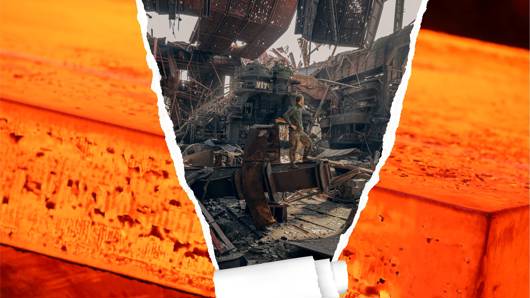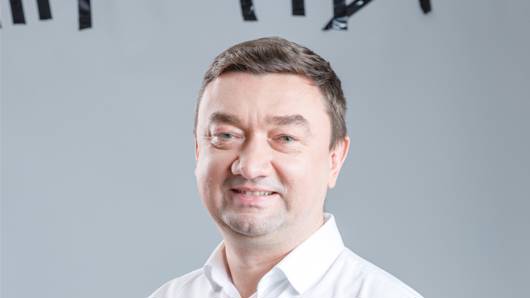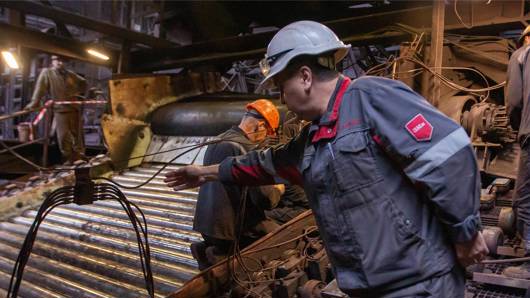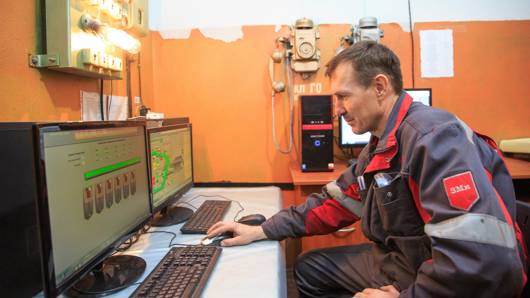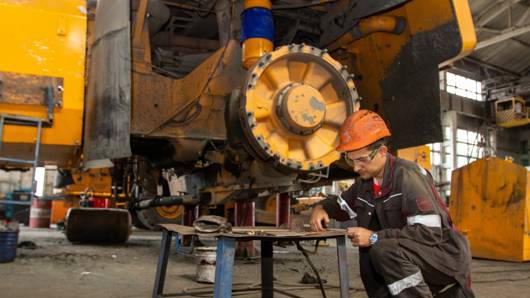The CEO of Metinvest Group’s Central Mining – about today's problems and challenges for Ukrainian iron and steel industry and how the Central Mining is coping with them.
Dmytro Shevchik, the CEO of Metinvest Group’s Central Mining (Central GOK), told in the interview for GMK Center about how the Central GOK and the Ukrainian mining industry work in the conditions of war, the pan-European energy crisis, logistical and other problems.
Central GOK is one of the five largest producers of iron ore in Ukraine. It specializes in the production of iron ore products: concentrate with an iron content of 68.5% and 70.5%, as well as pellets with an iron content of 67.5%. In 2021, the Central GOK produced 4.8 million tons of iron ore concentrate and 2.26 million tons of pellets. The main export directions are Poland, Romania, Serbia.
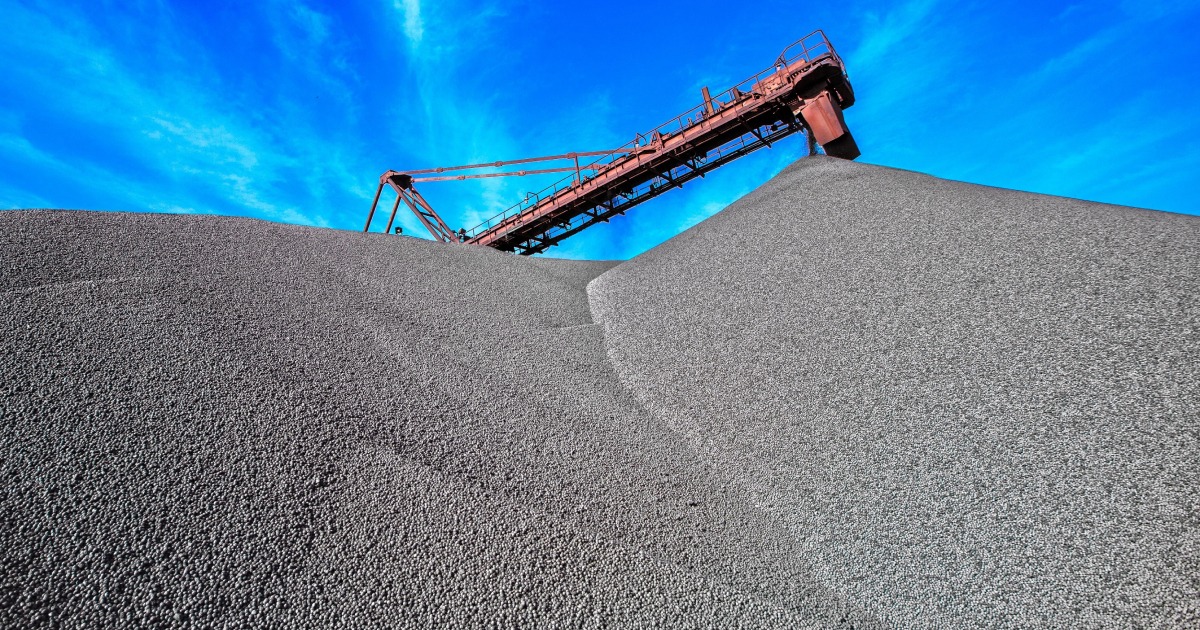
– Iron ore prices have fluctuated around $100 per ton in China in recent months. At the same time, a number of analysts expected a fall to $90 in 2022, and to $70-80 per ton in 2023. What are your expectations for iron ore prices in 2022 and 2023?
– In the iron and steel industry, as well as in the economy of different countries in general, crises periodically recur. Often they lead to falling product prices. We experienced similar things in 2008 and 2015, and in 2022 war was added to the economic factors.
Each of the crises is determined by its own factors affecting both the level of decline in iron ore prices and duration of crisis period. The current situation is aggravated by high energy prices in the world, especially in Europe.
It is difficult to predict how and when the price will change. The Ukrainian mining enterprises have experience of working in crisis times. We do not know when the situation will stabilize, but we are confident that this crisis will also end, followed by a recovery in prices for steel products, as well as for iron ore, and we will prepare for this period.
– Tell us about the work of the Central GOK in recent times.
– Central GOK is one of the six largest Ukrainian producers of iron ore. With the beginning of the war in Ukraine, logistics problems affected the Group’s enterprises. Because of the war, sea routes are blocked (except for agricultural exports), and western railway crossings have low capacity. In addition, the Ukrainian business has automatically increased the load on railway crossings by many times.
At the same time, the Central GOK has always been less dependent on ports. The plant works mainly for export, and most of its products are supplied to consumers in the countries of Central and Eastern Europe through western railway crossings. Poland, Slovakia, Hungary, Czech Republic, Serbia, Romania are key markets for Central GOK. We have recently exported products to the countries of North Africa through ports.
Suspension of the Azovstal and Ilych Iron and Steel Works of Mariupol’s work and the reduction in consumption within the Group also did not affect the work of the Central GOK.
The Central GOK produces high-quality products, and this is precisely what influenced the fact that the plant remained with orders and was able to work during a difficult period. Our 70+% iron concentrate and pellets with an iron content of 67.5% give us added value even in times of crisis.
– What is the level of capacity utilization today?
– Now the Central GOK is working without significant shutdowns, but with a reduced capacity. The work of the enterprise, among other factors, is influenced by the suspension of European steelmakers’ production capacities.
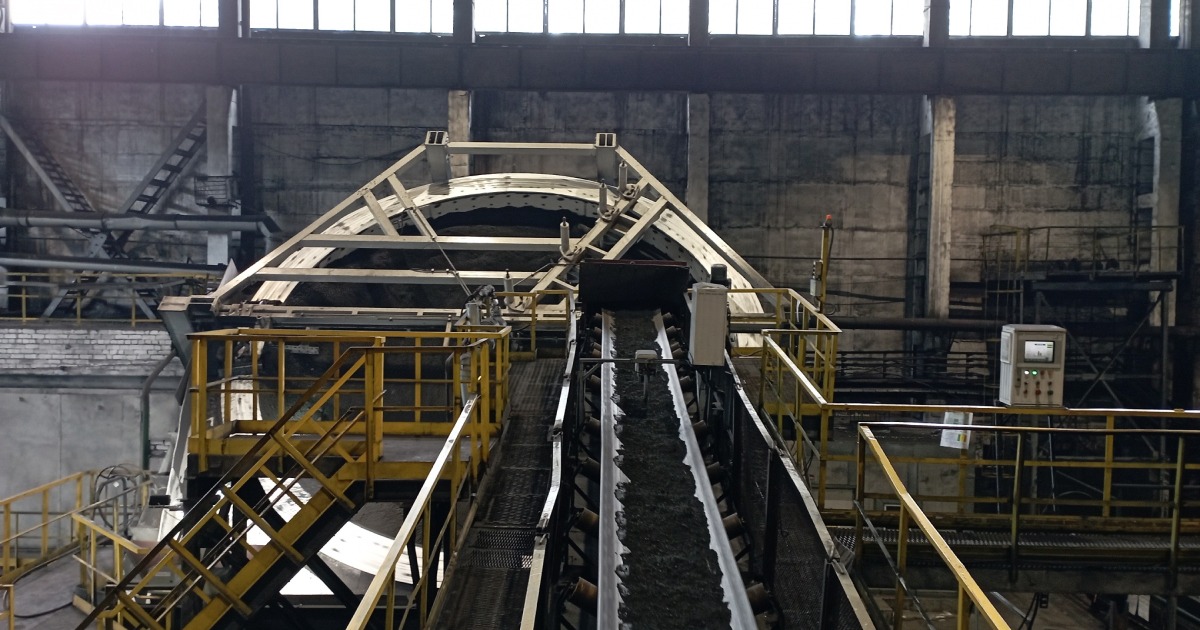
– Supplies of iron ore from Russia to Europe are limited or practically stopped due to sanctions. Have Ukrainian iron ore producers managed to fully replace Russian suppliers in the European market? How did this affect your sales, contracts, plans?
– We openly and transparently compete in the EU market. The current situation opens up prospects for deliveries to the countries of Northern Europe for the Group. But in order to make this possible, we need to improve certain quality characteristics of our products, we are currently working on this, as well as to solve a number of logistical issues.
– Many companies in Ukraine have experienced interruptions in the supply of raw materials, components, critical materials over the past seven months and have had to rebuild their supply chains. How did the Central GOK deal with this, what kind of interruptions did you have and how did you solve the problems?
– Yes, we have received a serious challenge. Our purchasing and supply departments have been given a huge workload and a lot of responsibility. Now the main supply of raw materials, fuels and lubricants and inventory items has already been established, the enterprise is provided with all the necessary materials.
One of the biggest challenges we’ve encountered in these seven months has been the inability to deliver spare parts for mining equipment. But we solve this problem: we repair it ourselves, select analogues of spare parts, think over solutions to extend the life of the equipment. This is a challenge and an incentive for our specialists.
– One of the key challenges for the export-oriented business in Ukraine was the blocking of ports and the impossibility of exporting to Asian and, first of all, to Chinese markets. Over the past month, the grain deal has shown that exports are possible. Do you think that it should be expanded to include exports of Ukraine’s iron and steel products?
– Of course, we believe that it is necessary to consider the possibility of shipping steel products and iron ore. After all, a significant part of Metinvest’s products was sold through ports.
Unblocking ports and resolving the issue of exports by sea will make it possible to restore shipments of iron and steel products to the markets of Turkiye, Western Europe, Africa, the Middle and Far East. Consequently, the workload of enterprises will increase, thousands of Ukrainians will receive full-time jobs, and the country will receive foreign exchange revenues and tax payments from iron and steel enterprises. This will also solve the problem of restoring production at those Metinvest enterprises that are currently idle.
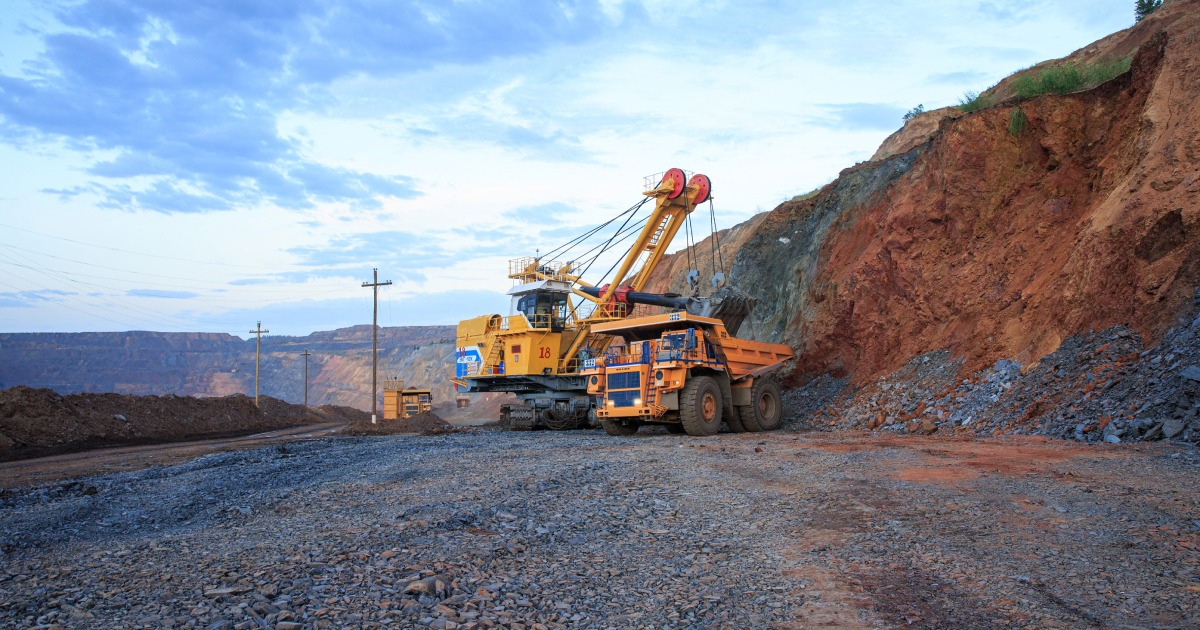
– Deliveries of products to the EU faced a number of problems, primarily with insufficient capacity of Ukrzaliznytsia at the western crossings. Do you see any improvement in this direction in July-August 2022?
– The relevant ministries and Ukrzaliznytsia (UZ) are actively trying to resolve issues of throughput. At the moment, the iron ore supplies have decreased, and therefore we do not experience significant difficulties in supplying the current volumes of products. When the crisis will end, production will grow and prices of products will increase, the cargo flow will raise significantly, and by this time the logistics issues should be resolved in full.
– The growth of logistics costs in Ukraine has now affected all companies. How much had Central GOK increased logistics costs across the territory of Ukraine as a result of the increase in UZ tariffs?
– Logistics costs have significantly increased for all enterprises. Especially for those, who continue to ship their products to customers by sea through EU ports. For the Central GOK, which has more than 1,000 km of rail transport distance to the EU border, the most noticeable was the one-time increase in the railway tariff in Ukraine by 70% in mid-2022. In general, today, more than ever, iron and steel plants need a government policy aimed at restoring production, which will include both reducing the tax/tariff burden and solving logistical problems, primarily opening seaports for iron and steel cargo.
– How much does it cost to transport iron ore to China today? There were test deliveries from Ukraine in May. To what extent are deliveries to China possible today and what is needed for this?
– Without unblocking the Black Sea ports, the supply of iron ore to China through the Romanian and Polish ports is not economically feasible due to the high cost of general logistics.
– Today, European steelmakers are reducing steel production, so the iron ore market is narrowing. How does this affect Central GOK? Do you expect the situation to change in autumn?
– As I said above, taking into account the decline in production volumes of our European partners, we have also reduced production at the Central GOK. Unfortunately, today we see an unstable situation in the European market. For example, at the end of September, ArcelorMittal plants in France, Spain, Germany and Poland stopped the operation of blast furnaces, so it is not necessary to expect an improvement in the situation until the end of autumn.
In the event of stabilization of energy prices, an increase in the cost of steel products in Europe, perhaps, the situation will change for the better, and these changes will affect, among other things, our company.
Stanislav Zinchenko for GMK Center.
Про актуальну ситуацію на підприємствах Групи Метінвест і в Україні читайте в спеціальному лонгріді. Оновлення інформації – 24/7. Додавайте до закладок та діліться з друзями. Зберігайте спокій і довіряйте лише офіційним джерелам інформації.






